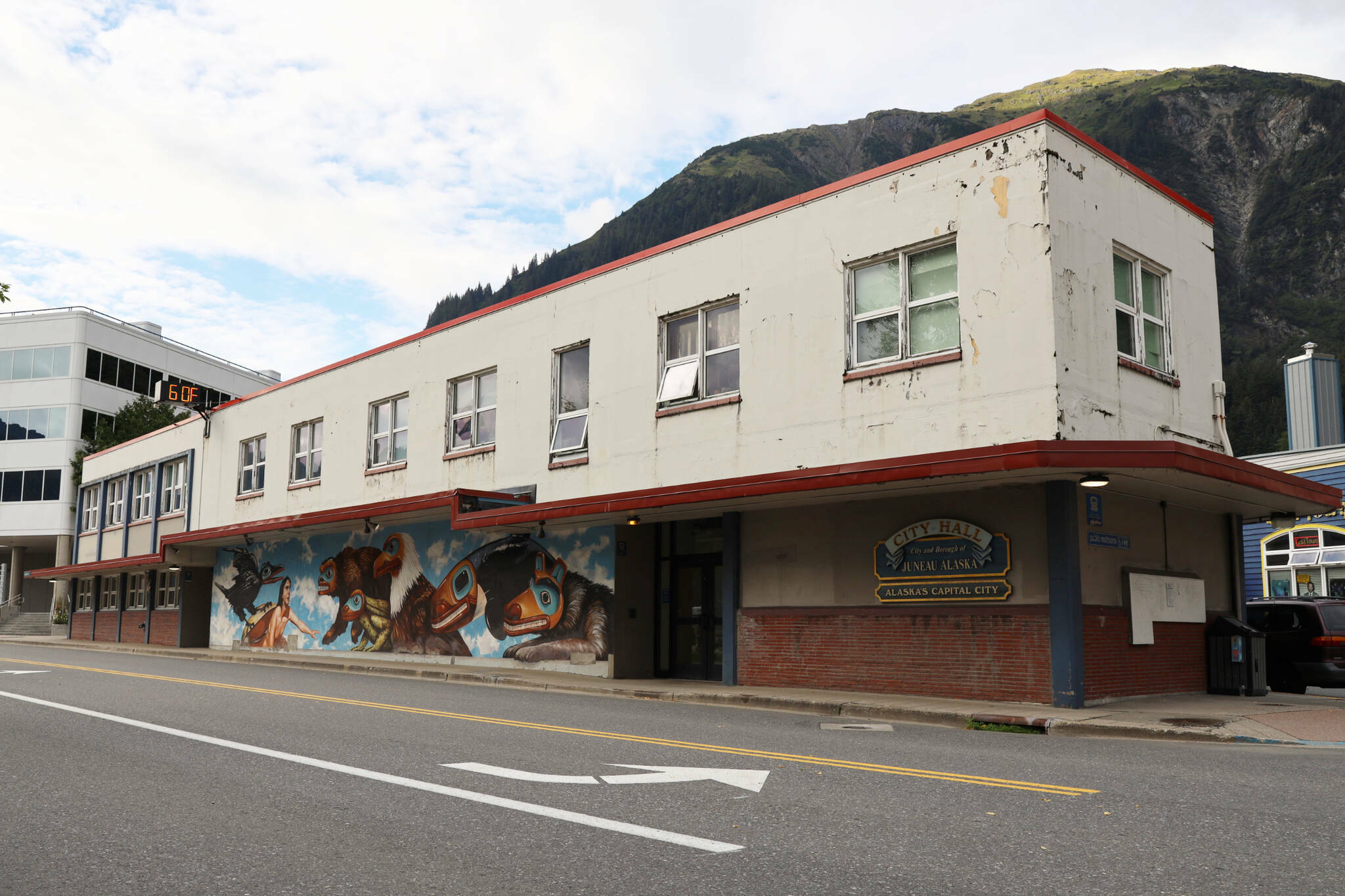The CBJ administration’s rationale for a new City Hall is based on the tenet it is better to own with a mortgage (bond issue) than to rent.
Owning builds equity as the mortgage is paid. But ownership places the burden of maintenance on the purchaser.
Renting builds no equity, but places the maintenance burden on the landlord. The lease agreement should help protect the tenant from a maintenance-adverse landlord. Renting is enhanced by a well-prepared lease agreement wherein legal responsibilities are clearly ascribed.
In the case of CBJ-owned facilities, typical poor maintenance can decrease the structure’s value. It may cost more to conduct repairs than the building is worth. It’s always prudent to compare the cost to repair to the cost of demolition minus any potential salvage value. A comparison can be made as to demolition and repurposing the property, relative to repair and continued operations.
The CBJ spends less on maintenance than published recommendations by the National Association of State Facilities Administrators. That standard for preventive maintenance is listed as 2% to 6% of facility replacement value. For both general fund facilities and the school district, CBJ’s five-year operating maintenance expenditures are 0.8% and 1.1%, respectively. By including capital expenditures in these figures, CBJ just meets the minimum 2% criterion given above. This is a minimum, which has resulted in an accumulating list of CBJ deferred maintenance needs.
CBJ spends maintenance funds on the most critical issues to the exclusion of less critical issues. Eventually less critical issues become critical, and thus maintenance is always limited to critical issues. And critical issues tend to require replacement. This is known as maintenance by replacement.
The CBJ has rigid ordinances, regulations, and policies for procurement. These processes result in construction overhead for CBJ projects on the order of 35% to 50%. Private industry spends roughly 10% on overhead.
Rented space is maintained by the landlord who can utilize the private sector and associated lower capital project expenses to conduct major maintenance tasks. While the CBJ pays for repairs as part of its rent, those repairs are commonly less expensive and thus more affordable in rented space. Plus rented space pays property tax whereas CBJ-owned property pays none.
The current Capital Improvement Plan (CIP) includes over $102 million in deferred maintenance and other capital expenditure desires for the continued delivery of city and borough services. This is exclusive of the new City Hall proposal. The CBJ has not and does not invest funds into existing facility maintenance at a recommended level, which has resulted in the self-admitted egregious condition of the current City Hall.
A CBJ consultant produced a report comparing renting vs. owning CBJ office space. However, that report completely omitted the $14 million in deferred maintenance on the existing City Hall when comparing it to rented offices even though their maintenance is included in the lease payments. This is at best misleading.
The addition of more city-owned facilities would increase the maintenance burden on the city’s operating budget. Thus the city budget must grow to pay for the growing stable of city facility’s maintenance, and to bring maintenance of old and new facilities up to industry standard maintenance objectives. Why continue to build facilities the city and borough does not intend to maintain — as evidenced by historic performance?
The CBJ claims roughly $14 million in repairs are required to bring the city-owned current City Hall to a desired standard. This cost is stated to make a compelling case for constructing a new City Hall. Maintenance through replacement. That is, if you do not maintain what you own the accumulating repair bill will consume up to and possibly exceed your equity. Therefore, unless properly maintained, ownership may build no net equity and may accrue expenses for demolition or other means of disposal.
As a final thought, why is it only when a new City Hall has been proposed do, we now hear the existing one is an intolerable sweathouse of unspeakable suffering for its occupants? Prior thereto, we heard no such rumblings. What a remarkable coincidence. Perhaps a solution looking for a problem?
• Denny DeWitt is a Juneau resident who staffed the Alaska Legislature’s Deferred Maintenance Task Force and chaired Don’t JACC Up My Taxes.

